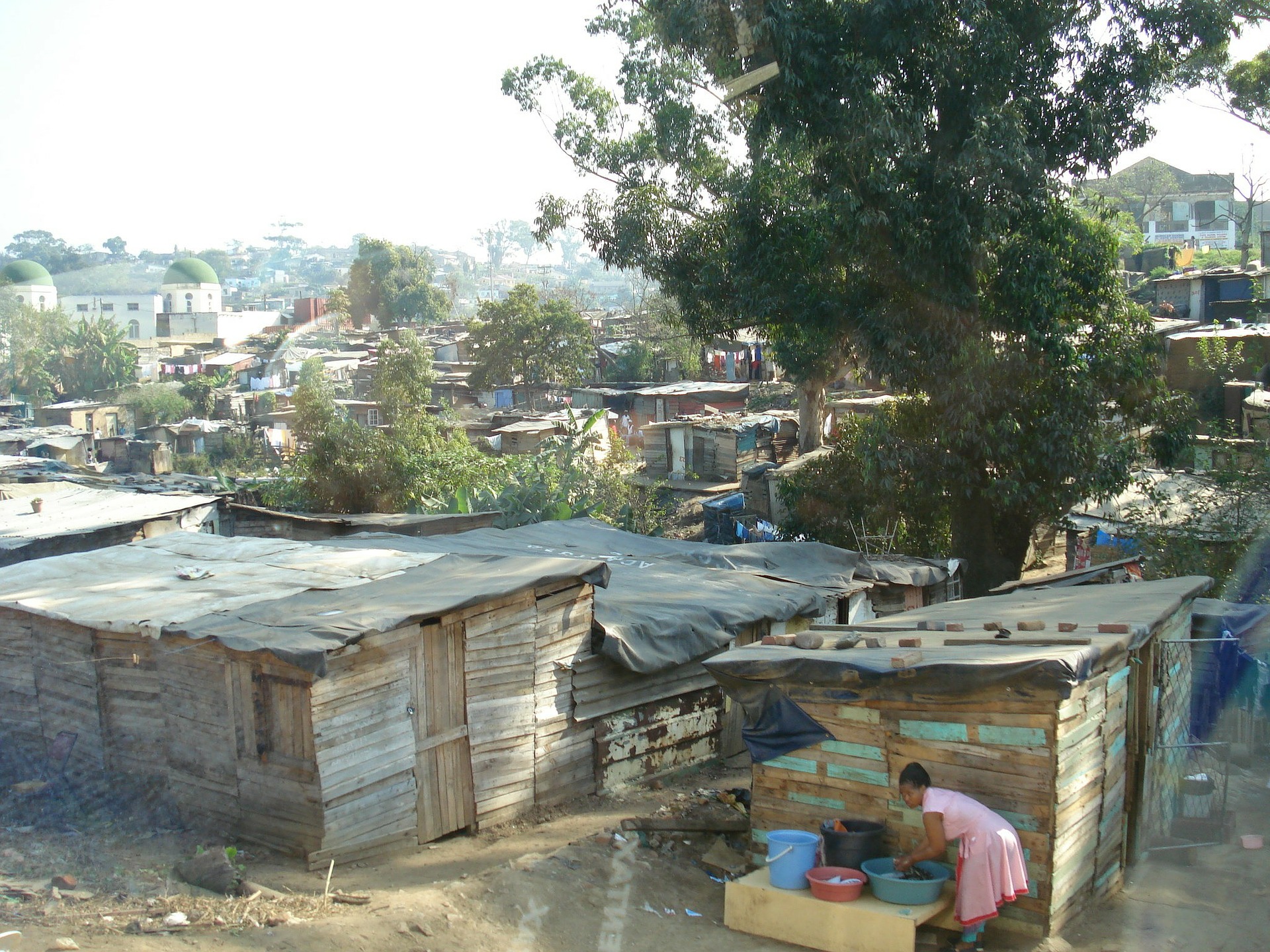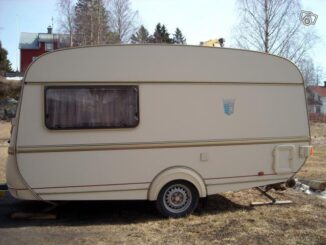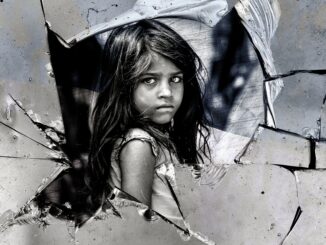
On the edge of Albania’s capital city of Tirana, Besim, 40, and his wife, Flutra, 37, and their children crowd inside a tiny one-room shack. Its walls are a mishmash of scrap materials like aluminum, cardboard and vinyl sheeting. It’s raining hard, and water leaks through the roof and rolls under the walls onto the damp floor. A wood stove, near the only mattress, emits some feeble heat. Outside, mountains of trash and recyclables are stored willy-nilly. Here, the only professions for the Roma are trash collecting and begging.
Nearly 250 Roma people, including 105 children, squat in Liqeni, “Lake” camp. They live in makeshift housing within distance of the city’s well-manicured recreational park. There they live under constant threat of eviction with no access to running water and basic sanitation.
“In our town, there are no jobs. Here, it’s a little bit better,” says Besim. His family came to Tirana from Elbasan, a village in rural Albania.
Throughout southeastern Europe such camps are common, but tiny Albania, a country known for widespread corruption, trafficking in drugs and people, poverty and high unemployment is a particularly grim place to be Roma.
No one seems to have accurate data on Roma in Albania—but foreign NGOs estimate there are between 50,000 and 70,000 of them living in the country. At Liqeni, there are no city services or schools.
Läs hela artikeln HÄR
Källa: vocativ
Silvi, a thin 26-year-old mother of three, lives by the river and fears arrival of the bulldozrs. She is illiterate and was married at the age of 12. At the time, she says, her family was living on the streets. She uses a pump to get water and cooks on a wood stove. The toilet is a trash pile near the river. When the river rises, the house is inundated by filthy floodwaters, she explains, showing the waist-high watermark on the wall.
She says she can’t get welfare and medical care, and her last baby died during childbirth. Discrimination is the biggest problem they face, she explained.
“People don’t like Roma,” she says.
Redaktionen
redaktionen@dikko.nu
Att vara en oberoende tidning kostar pengar så vill du hjälpa oss med att betala vårt fika får du gärna swisha en slant till 123 242 83 40 eller bg: 5534-0046
Vill du annonsera eller sponsra, synas eller höras i våra media?
Kontakta oss på redaktionen@dikko.nu
eller ring 0768 44 51 61
IBAN: SE19 9500 0099 6042 1813 4395
BIC: NDEASESS




